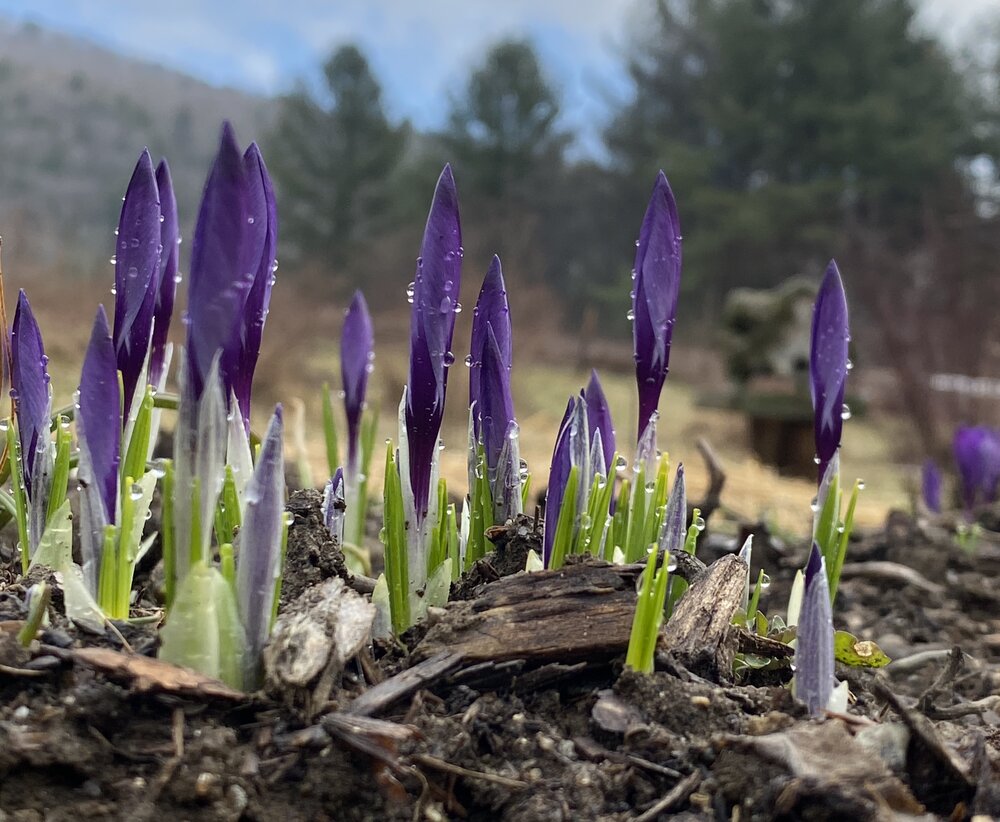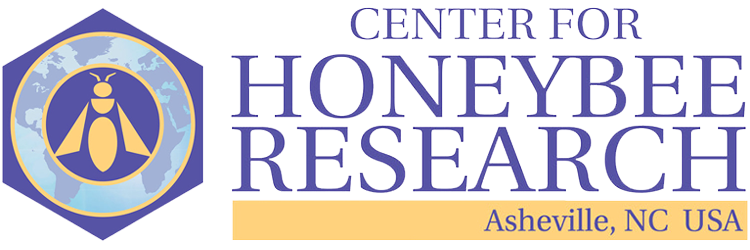he


Honey Highlight: 2022 Grand Prize Winner



Beekeeper: Genevieve & Richard Drutchas
Worcester, VT
How long have you been a beekeeper?
Richard: 44 years. I started out as a hobbyist in Vermont and then had a chance to really get into it working for Louis Harbin, the renowned queen breeder in Alabama. After a season working with Louis, I returned to Vermont and got a job as the state apiculturist with the Dept. of Ag for 10 years. I had a chance to buy out an older, small commercial operation on the Champlain Islands at that point. I built it up to about 600 hives, from the Canadian border to south of Burlington, with that opportunity. We sold most of those apiaries in 2010, to a younger operation, sticking with that tradition of passing it on. We kept some of our favorite yards to settle into a sweet, more European-style semi-retirement with my wife and I working together.
Genevieve: 15 years
Why did you become a beekeeper?
Richard: After I became a hobbyist, I realized it was something I could do full-time. I loved being able to work for myself and being outside. Then there were opportunities that fell in my lap and I ran with them. Having a chance to take over another operation was important and the timing of that lining up with a time of development for food coops and niche markets in Vermont. These things allowed me to get some great accounts that kept us going for many years.
Genevieve: I married into it. As an obsessive gardener, ending up with a beekeeper, and starting to work with him, just felt right. I was winding down from almost 20 years of work as a psychotherapist at the time and the very different work felt really good to me.
What is your favorite thing about beekeeping?
Richard: After I became a hobbyist, I realized it was something I could do full-time. I loved being able to work for myself and being outside. Then there were opportunities that fell in my lap and I ran with them. Having a chance to take over another operation was important and the timing of that lining up with a time of development for food coops and niche markets in Vermont. These things allowed me to get some great accounts that kept us going for many years.
Genevieve: I married into it. As an obsessive gardener, ending up with a beekeeper, and starting to work with him, just felt right. I was winding down from almost 20 years of work as a psychotherapist at the time and the very different work felt really good to me.
What are the floral sources for your bees?
Richard: Back in the days when there were still more dairy farms in Vermont and less fields in corn, we got a lot of dandelion, honeysuckle, bramble and locust, sumac, clover, vetch and alfalfa, as well as trefoil and basswood, and finally some goldenrod at the end of each season. Now that we’re seeing drier and hotter climate-crisis weather, things have really changed. It’s hit or miss with blooms, and bloom times, and we have some new sources like knapweed and japanese knotweed.
